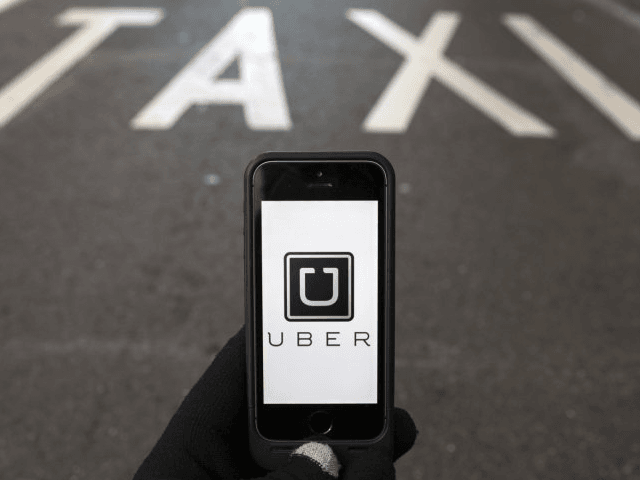If Robin Leach visited the headquarters of Uber today, it would be all “champagne wishes and caviar dreams” as the ride-hailing service that just closed a $2.8 billion venture capital deal three months ago at a $40 billion valuation is on track to slurp up another $2 billion of venture capital pixie dust at a valuation of $50 billion or higher.
To gain some perspective on Uber’s valuation, only 20 percent of the companies listed on the Standard & Poor’s 500 Stock Index have a capitalization as large as five-year-old Uber’s $50 billion, according to CapIq Research. That means Uber is more valuable than Merck, Credit Suisse, General Dynamics, Nissan and Time Warner.
Michael Greeley, general partner with Flare Capital Partners venture firm in Boston, told the Contra Costa Times, “The phenomenon is real–the hyper-speed of financing.” But he also remarked, “The irony is that I don’t think (Uber) could have raised that kind of money in the public market.”
In the first quarter this year, Uber raised $1 billion, nearly 17 percent of the total $6 billion that VCs and other funds invested in Silicon Valley, according to data from Pitchbook. That followed Uber’s $1.8 billion deal 3 months earlier that amounted to about 26 percent of $6.2 billion VC funding during the quarter. Last summer, Uber booked a $1.2 billion raise-up that accounted for almost 16 percent of tech investments.
“There have been plenty of other companies raising a lot of money, at huge valuations,” said Andy White, senior research analyst with PitchBook. Uber “is simply the most extreme case of a broader trend.”
The virtual panic to buy into private equity deals was on full display as San Francisco lending start-up Affirm said it raised $275 million in debt and equity; San Francisco-based Zenefits announced it raised $500 million at a $4.5 billion valuation; and Pinterest revealed it had raised $186 million to close out a $553 million round, and would allow employees to sell a portion of their stock, according to the Times.
People who invest in venture capital deals usually expect to get a huge payoff if the company can go public. Uber’s magic touch on raising VC cash privately is all the more confusing given that the public marketplace hare increasingly suspect of the fundamental staying power of Silicon Valley smartphone apps. The very successful dating site Zoosk, with over 721,000 subscribers, just withdrew its upcoming IPO on the NASDAQ, citing unfavorable market conditions.
The potential advantage of the tulip-type bubble in private equity valuations is that there are only buyers. That keeps out competition from short-sellers that research companies and are willing to bet against companies they believe are over-valued or lack staying power.
Private equity only makes invitations for investors to have the privilege of buying new shares. That is why Zero Hedge calls Uber’s and other Silicon Valley private equity valuations “completely made up.”
Uber is attracting levels of “buzz” seen for Google (GOOG) and Facebook (FB) when they were still private. Both companies went public at prices that seemed ludicrously high at the time, but long-term investors made gigantic long-term capital gains.

COMMENTS
Please let us know if you're having issues with commenting.